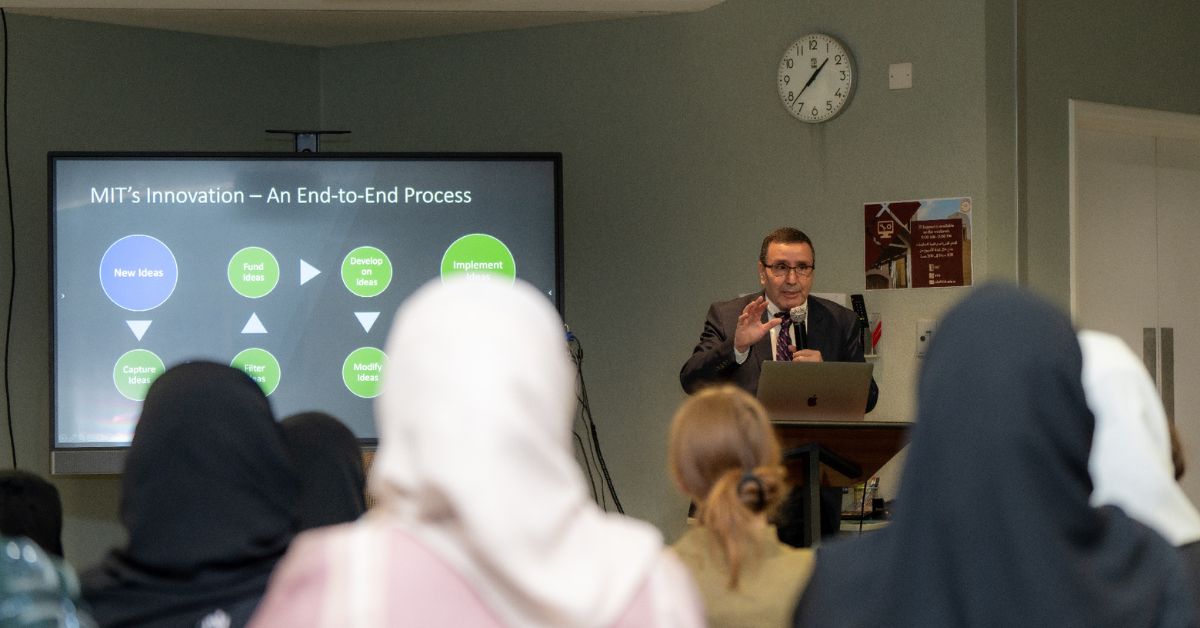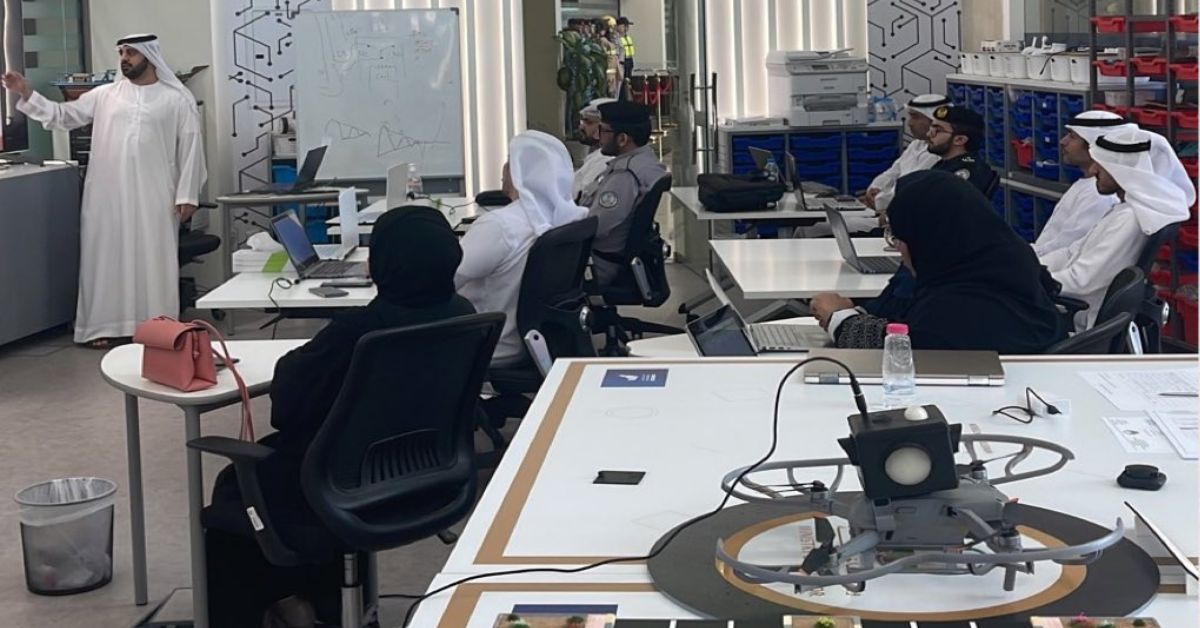DUBAI, UAE — In the bustling city of Dubai, Saeed Alnofeli, a visionary engineer-turned-entrepreneur, embarked on a mission between 2013 and 2019. His dream? To develop a unique prototype for tracking camels in the vast desert landscapes. His startup, Jamalytic, though recognized and patented, faced an uphill battle in a market unprepared for its innovation.
The Middle Eastern tech landscape is brimming with talent and groundbreaking ideas. Yet, many of these pioneers, like Alnofeli, find themselves grappling with a significant challenge: limited funding. The region’s deep-tech companies, driven by extensive research and development (R&D), often emerge from academic institutions, bringing forth potentially revolutionary technologies. However, the journey from ideation to market realization is prolonged, primarily due to scarce R&D centers, underdeveloped infrastructure, and most crucially, a lack of financial backing.
Dr. Saeed Alhassan Alkhazraji, another stalwart in the region’s deep-tech arena, emphasizes the struggle startups face in monetizing their intellectual property. Universities show keen interest in developing IPs and patents, but the real battle lies in transforming these assets into sustainable and profitable ventures.

The question then arises: Are there enough resources to support R&D in this critical sector? Dr. Hector Hernandez of Tulif Holding sheds light on the global perspective, highlighting how places like Cambridge and Boston have heavily invested in infrastructure to nurture ideas beyond academia. In contrast, the Middle East faces a glaring gap: the absence of a robust ecosystem where interdisciplinary minds can collaborate and innovate.
Yet, it’s not all bleak. Recent reports indicate that MENA-based startups secured a whopping $35.6 million in June 2023 alone. The UAE is making strides in the Global Innovation Index, and countries like Saudi Arabia and Tunisia are emerging as deep-tech innovation hubs. But the underlying issue remains: the region’s investor mindset is still in its infancy when it comes to understanding and supporting the deep-tech landscape.
Alnofeli’s journey, though filled with challenges, also offers hope. He speaks of a transformative shift in the UAE’s entrepreneurial landscape, where the emphasis is now on locally crafted, advanced technologies. Institutions like G42 and Mubadala are testament to this evolution.
However, for the Middle East to truly harness its tech potential, there’s a pressing need for more incubators, grants, and a supportive ecosystem. As Alnofeli poignantly states, while the region has ambitions to produce 30 unicorns by 2030, the real challenge is determining the steps needed to achieve…
Dive into our comprehensive report to uncover the intricate challenges and opportunities that lie ahead for the Middle East’s tech pioneers. Discover their stories, their struggles, and their unwavering spirit to innovate against all odds. Click here

